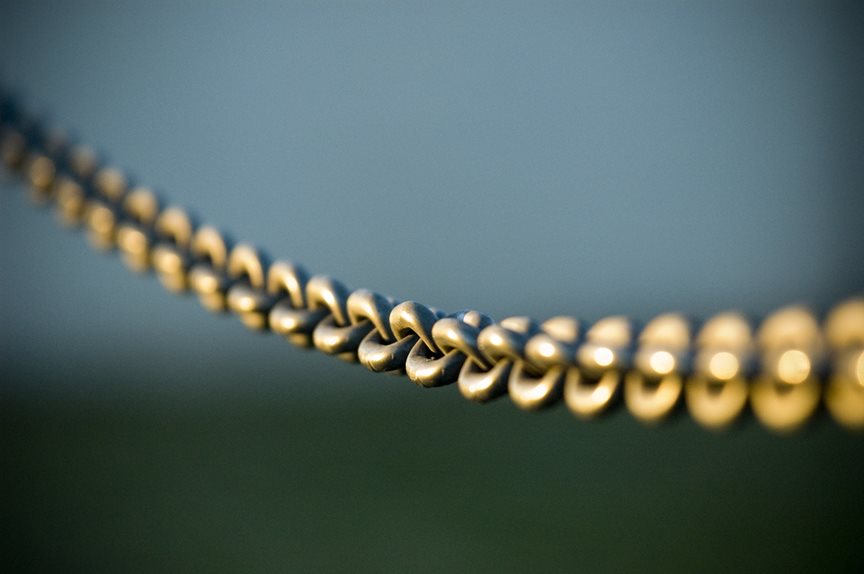Last updated: 19-Aug-15
Written by Sports Dietitian Rin Cobb
Are you one of the countless runners who have a love hate relationship with carbs? It certainly seems to be the ‘hot potato’ of discussions amongst runners and can even be quite controversial at times. Carbs have certainly had their share of bad press, with the recent sugar debate and even on running forums with the low carb converts but are they really as bad as people say?
In practice, I quite often find there can be some confusion over what carbs actually are so here’s a recap. There are two main types of carbohydrate; complex including starches and simple sugars, both naturally occurring and added. The body breaks these down and uses them for energy and as runners with considerably higher energy needs than the average couch potato; carbs are the diesel in a runner’s tank.
But carbs make you fat don’t they? A common belief, however it’s not carbs per se that pile on those unwanted pounds of fat but in fact any extra energy you’re eating and not using, is the real culprit. The key is getting the balance right to everything you eat rather than cutting out whole food groups and for runners in particular, why would you choose to cut out your primary fuel source?
I imagine a few of you may answer this with “I can train my body to use fat instead” and herein lies one of the more animated discussions of late. If you could train your body to use fat, which most of us have good stores of, would that not be an advantage to running for hours on end? There are few that would disagree and some research has shown the body does use fat better if you have very little carbohydrate in the diet, however what happens to performance? Results haven’t shown any benefits and in fact appear to have a detrimental affect on higher intensity performance. Even if you’re a plodder, you will need to dig deep and work harder on the hills, in adverse weather or the longer you’re out running, which is when the body needs more carbs to keep going. Low carb diets can also affect your immune system, putting you at higher risk of catching the office cold and hampering your recovery efforts.
These undesirable consequences of not having enough carbohydrate are however not just academic; I’ve seen first hand the impact it can have on a runners performance. Ellen* a very accomplished ultra runner came to me, as she hadn’t been able to finish any of her 100 mile races. Her main issues were physical; nausea, feeling hot & clammy, shaky and eventually fainting. Ellen was showing clear signs of low blood sugars, hypoglycemia. Her diet revealed she was somewhat carb averse but after increasing these both before and during her next 100mile race, she not only finished the race but won it.
If you’re still not sure what carbs to have and when, try including complex carbs with each meal (wholegrain varieties have even more goodness in them) to keep your blood sugars stable throughout the day. Simple carbs act quicker in the body so use these during your long training runs and races to keep topped up or when you feel you need that quick fix. Combining complex with simple carbs like toast and honey can make a great snack too.
Everyone loves to kiss and tell so why not share your love hate relationship with carbs?
* Clients name changed for confidentiality
| Complex Carbs | Simple Carbs |
| Cereals/Oats | Fruit |
| Bread | Honey/Jam/Syrup |
| Potatoes | Table sugar (sucrose) |
| Rice | Lactose – milk sugar |
| Pasta | Glucose |
| Cous cous | Sports drinks |
References:
Burke L & Hawley J (2002) Effects of short-term fat adaptation on metabolism and performance of prolonged exercise. Medicine and Science in Sports and Exercise 34(9) pg 1492-8
Sports Dietitians Australia Factsheet http://www.sportsdietitians.com.au/resources/upload/files/110525%20Low%20Carb%20diets%20for%20weight%20loss%20in%20Athletes_PV.pdf
Zajak A et al (2014) The effects of a ketogenic diet on exercise metabolism and physical performance in off-road cyclists. Nutrients 6(7) pg 2493-2508





